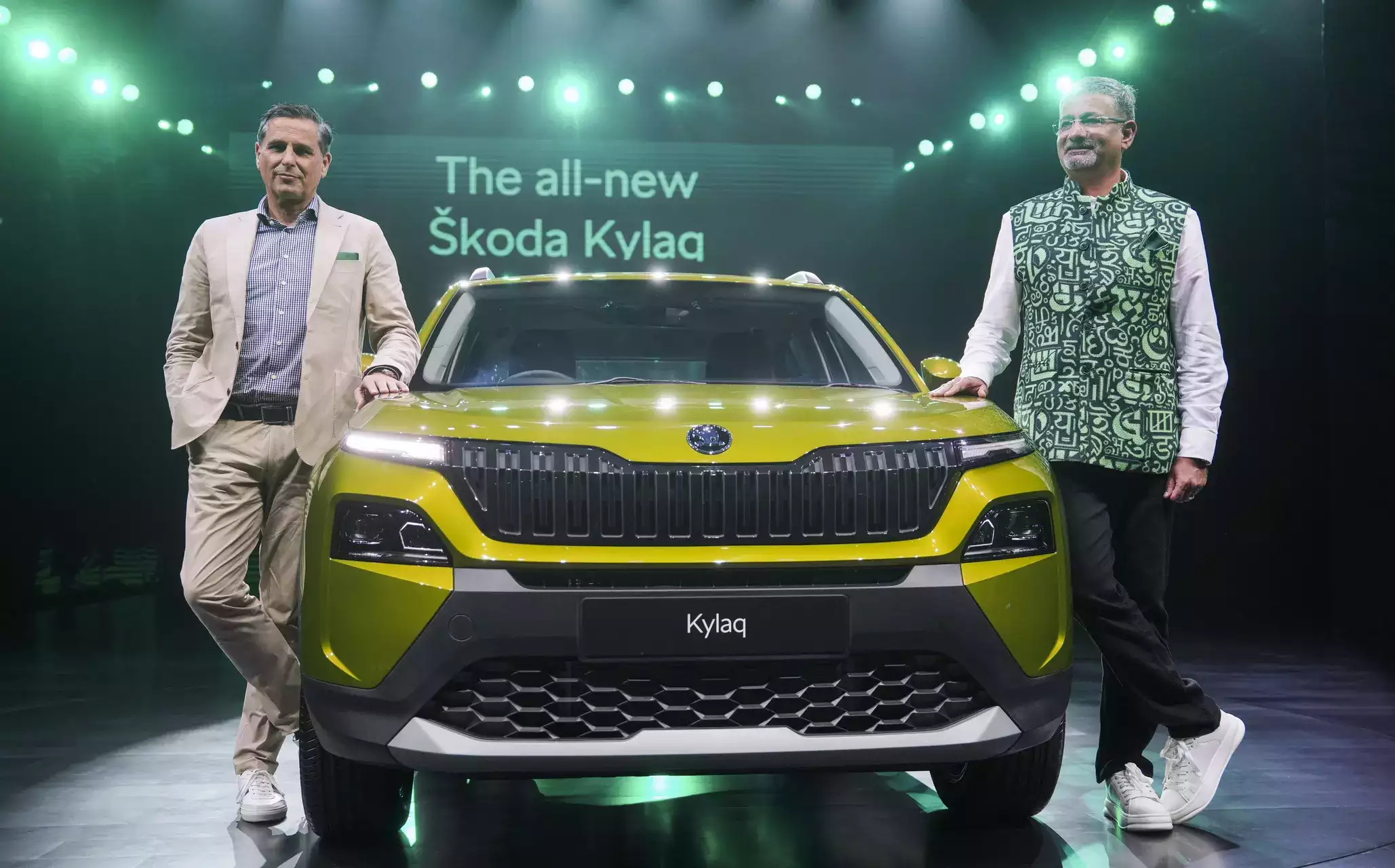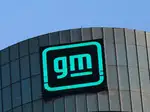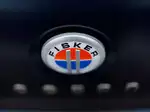India is a “strategic market” for Volkswagen: Piyush Arora, MD & CEO, Skoda Auto Volkswagen India

Arora’s statements come amid media reports of a potential equity partnership between the Volkswagen Group with Mahindra & Mahindra (M&M).
Several auto companies such as Ford, General Motors, MAN Trucks and two-wheelers such as UM Motorcycles, Harley Davidson have exited India, amid low volumes which made it difficult to sustain operations viably in the country. Ford, which only recently announced plans to restart manufacturing operations at its plant in Chennai for global markets, had pulled the plug on India ops after a possible joint venture with Mahindra fell through. Harley Davidson, meanwhile rebooted India ops through a sales, manufacturing tie-up with Hero MotoCorp.
The Volkswagen Group, which too has been exploring collaborations in the country, said it remains invested in the India story. “There is always an opportunity where you can partner with somebody, but that is always with a very clear focus to further strengthen your position in the market. And I think the approach in India is not going to be different”, Arora said, adding, “How do you finally cater to the Indian customer requirement, whether you do it alone, you do with a partner. So all those opportunities are being evaluated at this point in time.”
Arora, who oversees five brands for the Volkswagen Group - Skoda, Volkswagen, Audi, Porsche and Lamborghini - in the Indian market, said the auto major has invested heavily the last two decades to build manufacturing capacity, engineering capability, people skills, a robust dealer network and a competitive vendor base here. The Group has created this ecosystem for itself, and with a very clear focus as it ‘wants to cater to the Indian market and be part of the growth of the Indian automotive industry’.
“Now, to be able to participate in that there are multiple opportunities. The group looks at these opportunities elsewhere, also in the globe, whether it is China, whether it is North America”, Arora said.
Arora declined to share a timeline for a arriving at any potential partnership, but said the immediate priority is to expand the addressable market by bringing in vehicles in the volume intensive sub 4 metre segment to rev up local sales and to leverage the base as an export hub to countries in South Asia, Africa and West Asia.
“I will not put a timeline to that (any potential partnership). I think these are the opportunities which are being evaluated, and our focus is definitely to bring the more products to the customer. How do we bring it has to be worked on. But the timeline for product is that by turn of the decade, we want to have electric vehicle produced in India as well as our global products. And our medium-term intention is to gain a market share of 5% plus”, he informed.
First off the block under the India 2.5 Plan will be the Skoda Kylaq, which the Group expects to bring in sales of 100,000 units by the end of 2026. Evaluation is also on to develop a heavily localised electric car in India, drive in more petrol and electric vehicles from the global portfolio to expand footprint in the local market. Arora said, “(across) all the brands we are working on the product portfolio….also in terms of electrification, we are looking at opportunity.” With the Kylaq, the Group is looking at doubling its addressable market to 60%, from the current 30%.
To gain scale and cost competitiveness, Arora said, the Group has to be successful in the volume segment and gain market share. And one of the ways to attaining cost competitiveness is through deepening localization. Overall, he said, the strategy to utilize Indian manufacturing as a hub for not only for the Indian market, but also for export is helping Vollswagen. “So while we are exporting products right now to almost 40 countries, we are also evaluating opportunities where India (can) develop a product, (and) where we can take them (vehicles for exports) global. And as a first step, we have made already headway into Vietnam market”, he informed.
Separately, Arora said regardless of the temporary slowdown in off-take of electric cars, in Indian and in international markets, Volkswagen Group expects the technology to bring in about a fifth of its overall sales in the country by 2030. “The expectation from everybody, and particularly from the government, was that the electrification might move much faster. But, maybe, it will not be at that speed. But we do believe, we do plan for that at least 20% plus penetration should happen in India as well by 2030. This is the direction in which we are working”, Arora said.
Additionally, Volkswagen has technology to produce flex-fuel and hybrid vehicles and is open to launching these in India, if customer demand picks up.

